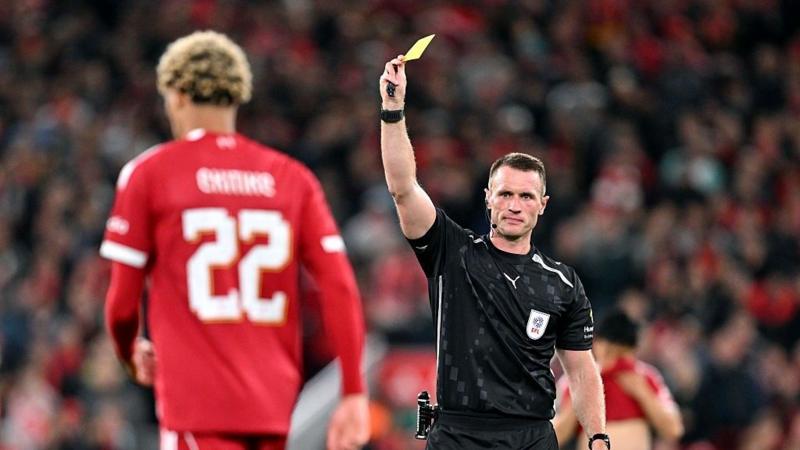Unveiling the Truth: Why Soccer Players Get Booked for Shirt Removal




The beautiful game has always been governed by a mix of simple rules and complex interpretations. Among the many rules that govern football, one that continually captures the viewers' curiosity (and sometimes outrage) involves players being booked for removing their shirts during a match.
So, why exactly is a player given a yellow card for celebrating a goal by taking off their shirt? The answer lies in the laws of the game, specifically Law 12, which deals with Fouls and Misconduct. The regulation entered the FIFA Law Book in 2004 under the "Celebration of a Goal" section. According to this rule, a player who removes his jersey after scoring a goal will be cautioned for unsporting behavior.
The intent behind this law initially perplexed many, from casual fans to seasoned pundits. The reason for its introduction was multifaceted, ranging from maintaining discipline to preserving the sport's commercial and professional image. One significant rationale was sponsorship; football jerseys are a prime billboard space for sponsors' logos. When a player removes his jersey, it temporarily eliminates the visibility of the sponsor's logo during what could be one of the most high-profile moments of a match.
Respect for the game and the opposition is another cornerstone of this rule. Celebrations that involve removing one's shirt are often viewed as excessively flamboyant acts that can be considered disrespectful towards the opposing team. In the spirit of sportsmanship, preserving some level of decorum and humility in celebrations is encouraged.
Additionally, the law serves to prevent game delays. Shirt-removing celebrations can sometimes extend the stoppage time as players take a moment to don their jerseys again before play can resume. In tightly scheduled matches, every minute counts, and such delays can disrupt the flow and timing of the game.
Over the years, this particular rule has led to some memorable, albeit controversial, moments in football history. One of the most notable incidents involved the Brazilian star, Ronaldo, during the 2002 FIFA World Cup. After scoring against Turkey, Ronaldo celebrated by removing his shirt, leading to an automatic yellow card. This was particularly significant because it meant he was walking a disciplinary tightrope - another yellow in the tournament could have led to a suspension.
There have been arguments both for and against this rule. Some believe it's an unnecessary crackdown on players' expressions of joy and emotion. Football, after all, is a game driven by passion, and a spontaneous shirt-off celebration can be a genuine outpouring of that passion. Detractors of the rule argue that as long as the celebration is not offensive, it should not be met with a caution. They also point out that many moments now iconic in the sport's history involved such celebrations.
On the other hand, proponents of the rule emphasize the need for professionalism and uniformity in the sport. They argue that football, like any other professional field, has its codes of conduct which need to be adhered to. Moreover, for young fans watching their heroes, these rules also set a standard of discipline and respect for the opposition.
As the game evolves, the discourse around such rules also continues. While FIFA has shown a preference for maintaining this particular law, the global football community is still very much divided. Regardless of one's stance, what remains clear is the role that such regulations play in shaping not just the physical but also the ethical landscape of football.
Understanding these nuances helps fans appreciate the complexities of football beyond just goals and wins. It's part of what makes football such an enigmatic and globally revered sport. Engaging with these rules, debating them, and even questioning them adds another layer of involvement and passion for the millions who tune in to watch the game. After all, football isn't just played on the field; it's also played in the conversations, debates, and discussions that it sparks worldwide.